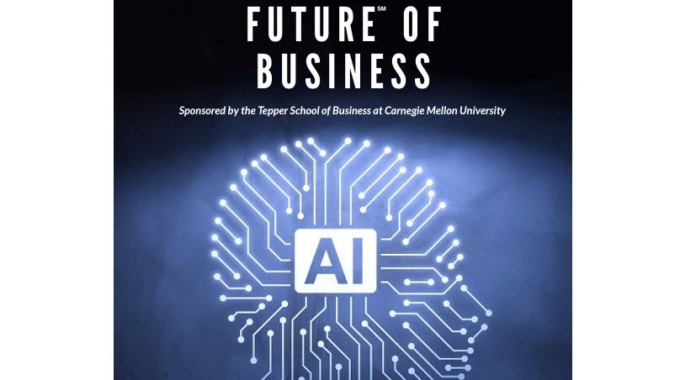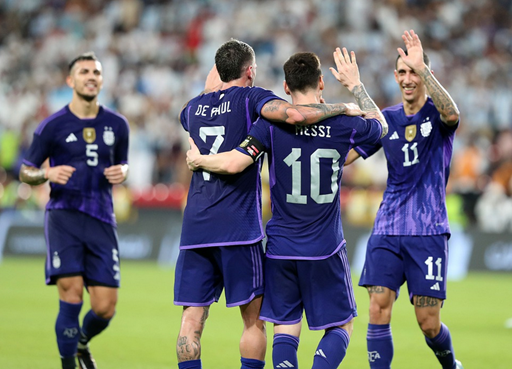“Think of how stupid the average person is, and realize half of them are stupider than that.” –George Carlin
“No one in this world, so far as I know, has ever lost money by underestimating the intelligence of the great masses of the plain people.” –H.L. Mencken
Over the years, pessimistic jokes like these have conditioned us to believe that the average person is stupid and uninformed. And, if the average person is stupid and uninformed, what could be more foolish than asking a group of average people for their opinion on something? Here at Unanimous A.I., we’re far more optimistic.
We think it would be crazy to underestimate the wisdom of the crowd. In fact, we’re convinced that bad rap that crowds get is not because people lack intelligence in numbers, but because we haven’t had the tools that unlock the inherent brainpower.
Until UNU… and the results are impressive. But more on that in a minute.
This idea of the wisdom in crowds dates back at least to Aristotle. He asserted that we should listen to the shared voice of the hoi polloi, the many, not the self-proclaimed expert. The inevitable gaps in any person’s knowledge represent a weakness for that individual, but, when the hoi polloi congregate, those gaps tend to disappear and strengths are reinforced.
Studies have repeatedly shown that when thinking together, the “great masses of plain people” are almost uncannily intelligent. This shouldn’t surprise us. There are countless examples of this collective intelligence in the animal kingdom. Consider the migration of birds, the synchronized movement of schools of fish or the swarms of ants building an optimized colony. In all cases, the combined intelligence of the group exceeds that of any individual member. Why would humans be any different?
examples of this collective intelligence in the animal kingdom. Consider the migration of birds, the synchronized movement of schools of fish or the swarms of ants building an optimized colony. In all cases, the combined intelligence of the group exceeds that of any individual member. Why would humans be any different?
We built the UNU platform because we believe in the inherent wisdom, intelligence, and creativity that resides within large social groups and we’re working to unleash this incredible power. Using the exciting new technology of Collaborative A.I., the UNU platform enables groups of any size to quickly voice their combined wisdom. And the results blow away traditional polls and surveys.
PREDICTING THE GOLDEN GLOBES
One way to test the combined intelligence of a group is to see how well it can predict the outcome of an upcoming event. We chose two such events – the Golden Globes and the NFL Playoffs. As a baseline, we distributed traditional surveys, asking a random group of people to give predictions. Then, we got a even smaller groups of people together ( 3 in the case of the Golden Globes, 6 for the NFL playoffs ) to participate within an “UNU” — a Collaborative A.I. that unlocks group intelligence.
23 people took the Golden Globes survey. Out of the 12 questions asked, the average person got only 3 right. One person got 7 out of 12, and 4 people got 6 questions right.
From that group of 23, a small subset of 3 people participated in an UNU session, answering the same questions, together, as a Collaborative Intelligence. We should note that these three people, myself included, were not particularly insightful on their surveys, scoring 6, 4, and 1 ( ouch ).
And yet, when working together inside UNU, something cool happened – the small group, working as a Collaborative Intelligence, got 7 out of 12 answers right!
In other words, not only did every member of this group improve his individual score by working together in UNU, this tiny group outperformed 22 out of 23 ( 96%) of the survey participants and in fact, did just as well as the highest performing individual.
Of course, this is a tiny sample size, the evidence mostly anecdotal, but as a first test it was eye-opening for us to see of the intelligence of a (small) group in action.
Even more importantly, it was fun. Building consensus in UNU made the participants feel like a team because it allowed us to find common ground in a way that valued all of our contributions. As a result, the dramatic improvement was satisfying on many levels.
PREDICTING THE PLAYOFFS
We saw even more impressive results when we assembled a Collaborative A.I. inside UNU to predict the NFL Conference Championships. As a baseline, we had 30 people make predictions using a traditional survey. For example, we asked which team would win each game and would they beat the spreads. Of the 8 questions asked, the average individual in the group only got 4.43 questions correct, with the highest performing individual getting 6 correct.
We then selected a small subset of this group, only 6 individuals with collective survey results that were inline with the averages, and had them answer the same questions, this time by thinking together as part of an UNU Collaborative A.I.
The UNU intelligence got 6 out of 8 questions correct, blowing away the survey group and matching the single best performer out of all 30 people. In other words, a simple survey failed to unleash the intelligence of the group, but UNU did.
To make this concrete, the UNU intelligence successfully predicted both playoff winners (Seattle and New England) as well as successfully predicted which teams would beat the spreads (Green Bay and New England). And although it was weeks away, predicted that the Patriots would be the eventual Super Bowl winner.
This is encouraging initial evidence for it suggests that although traditional polls and surveys may not unlock the deep intelligence of groups, it’s not the group that’s the problem – it’s the tool. For when that tool is UNU, which builds an interactive Collaborative A.I. around the participants, the output is far more insightful. We believe this is because the dynamic feedback loops enabled by UNU allow the participants to negotiate among themselves in real-time, those with greater levels of confidence swaying those who may feel more unsure.
In other words, by working as a collaborative team, members of the group are able to compensate for each other’s weaknesses and draw on each other’s strengths to find the best possible answers on a range of topics. For example, one member of the test group played football in college. In the survey, his vote counted just as much as the votes of people who were just guessing at random. In UNU, however, he may have been able to pass some of his wisdom to the collaborative team. Of course, UNU keeps all participants anonymous, so the influence is subtle, even subconscious.
If there’s one thing UNU teaches us, it’s that we don’t need to bow at the altar of experts and individual geniuses. We just need to learn to work together.
So, did UNU help us prove Mencken wrong? We’ll have do a lot more testing to find out. But, if you wanted to know a month ago who was going to win the Super Bowl, all you needed to do was ask UNU… ( see UNU demo here )
Unum said “Patriots.” That’s a start.




